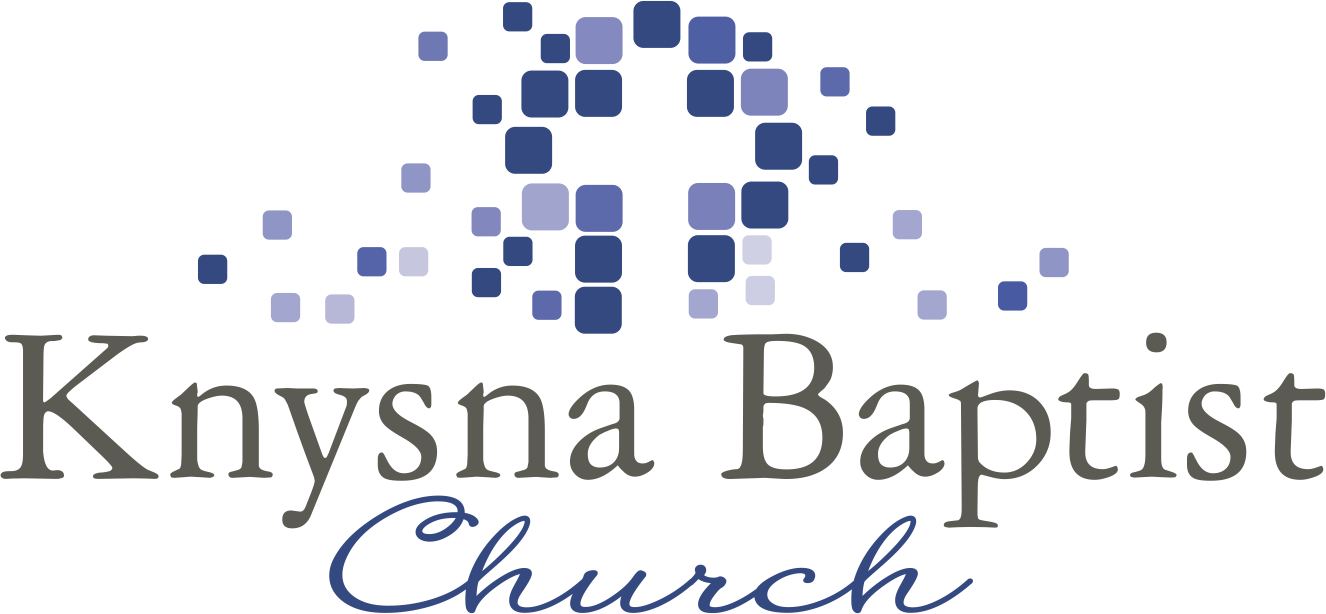About us
About us
Meet the family

Pastor

Elder


Deacon

Treasurer

Deacon and information officer

Deacon

Deacon

Deacon

Deacon

Deacon

Deacon
What is a Baptist?
What makes a church “Baptist”? Unfortunately churches may be planted and use the title “Baptist” in their name, without actually holding to (or even knowing!) what a Baptist church is! We refer to “Baptist Distinctives” to help identify what a Baptist church is. These distinctives are not uncommon to many denominations. Most distinctives are shared with more than one other denomination. We are Christian after all, and the Universal Christian Church has far more in common than not. But it is the collective belief in all these distinctives that qualify a church to be Baptist.
But even then, there are many churches who may hold to these distinctives and not call themselves, “Baptist”. Therefore, we might say that they are “Baptistic”!
Baptist principles
- The direct Lordship of Christ over every believer and over the local church. By this we understand that Christ exercises His authority over the believer and the local church directly, without delegating it to another.
- The church as the whole company of those who have been redeemed by Jesus Christ and regenerated by the Holy Spirit. The local church, being a manifestation of the universal church, is a community of believers in a particular place where the Word of God is preached and observed. It is fully autonomous and remains so notwithstanding responsibilities it may accept by voluntary association.
- Believer’s baptism as an act of obedience to our Lord Jesus Christ and a sign of personal repentance, faith and regeneration; it consists of the immersion in water into the name of the Father, Son and Holy Spirit.
- The congregational principle, namely that each member has the privilege and responsibility to use his/her gifts and abilities to participate fully in the life of the church. We recognise that God gifts his church with overseers (who are called pastors or elders) whose primary function is to lead in a spirit of servanthood, to equip and provide spiritual oversight, and deacons whose primary function is to facilitate the smooth functioning of the church. This principle further recognises that each member should participate in the appointment of the church’s leaders, and that constituted church meeting, subject to the direct Lordship of Christ and the authority of scripture, is the highest court of authority for the local church.
- The priesthood of all believers, by which we understand that each Christian has direct access to God through Christ our, high priest and shares with him in his work of reconciliation. This involves intercession, worship, faithful service and bearing witness to Jesus Christ, even to the end of the earth.
- The principle of religious liberty, namely that no individual should be coerced either by the state or by any secular, ecclesiastical or religious group in matters of faith. The right of private conscience is to be respected. For each believer this means the right to interpret the scriptures responsibly and to act in the light of his conscience.
- The principle of separation of church and state in that, in the providence of God, the two differ in their respective natures and functions. The church is not to be identified with the state nor is it, in its faith or practice, to be directed or controlled by the state. The state is responsible for administering justice, ensuring an orderly community, and promoting the welfare of its citizens. The church is responsible for preaching the gospel and for demonstrating and making known God’s will and care for all mankind.
Have a question? Get in touch
Have a question? Get in touch
Quick links
Sermons
About us
Contact
What we believe
Gallery
Find us
5 Kamdebo Street,
Upper Old Place,
Knysna,
6571.
Contact us
KBC Office: 044 382 0906
elders@knysnabaptist.org.za
Banking Details
Offerings can be paid directly into:
Account:
Knysna Baptist Church
Bank: First National Bank, Knysna
Branch Code: 210214
Account No: 52700024476
